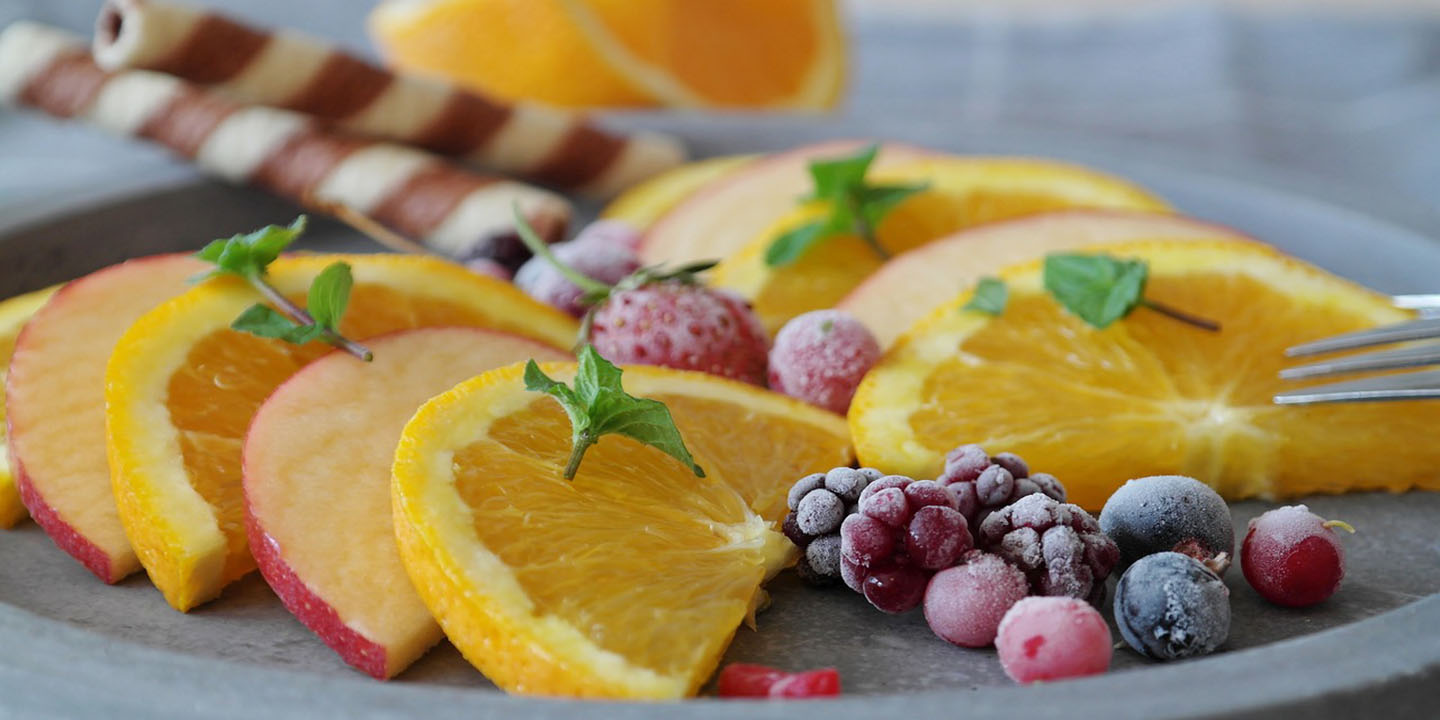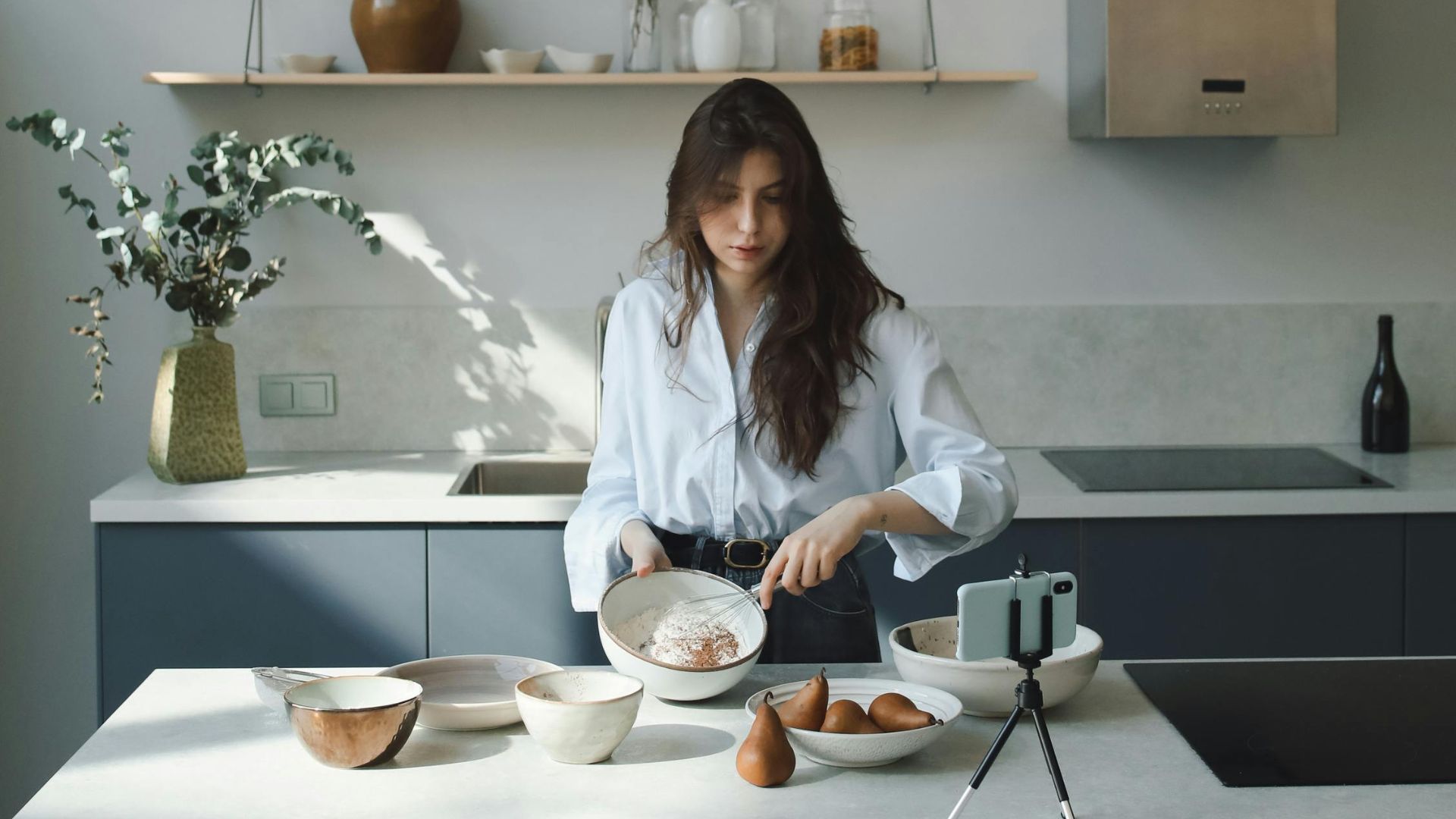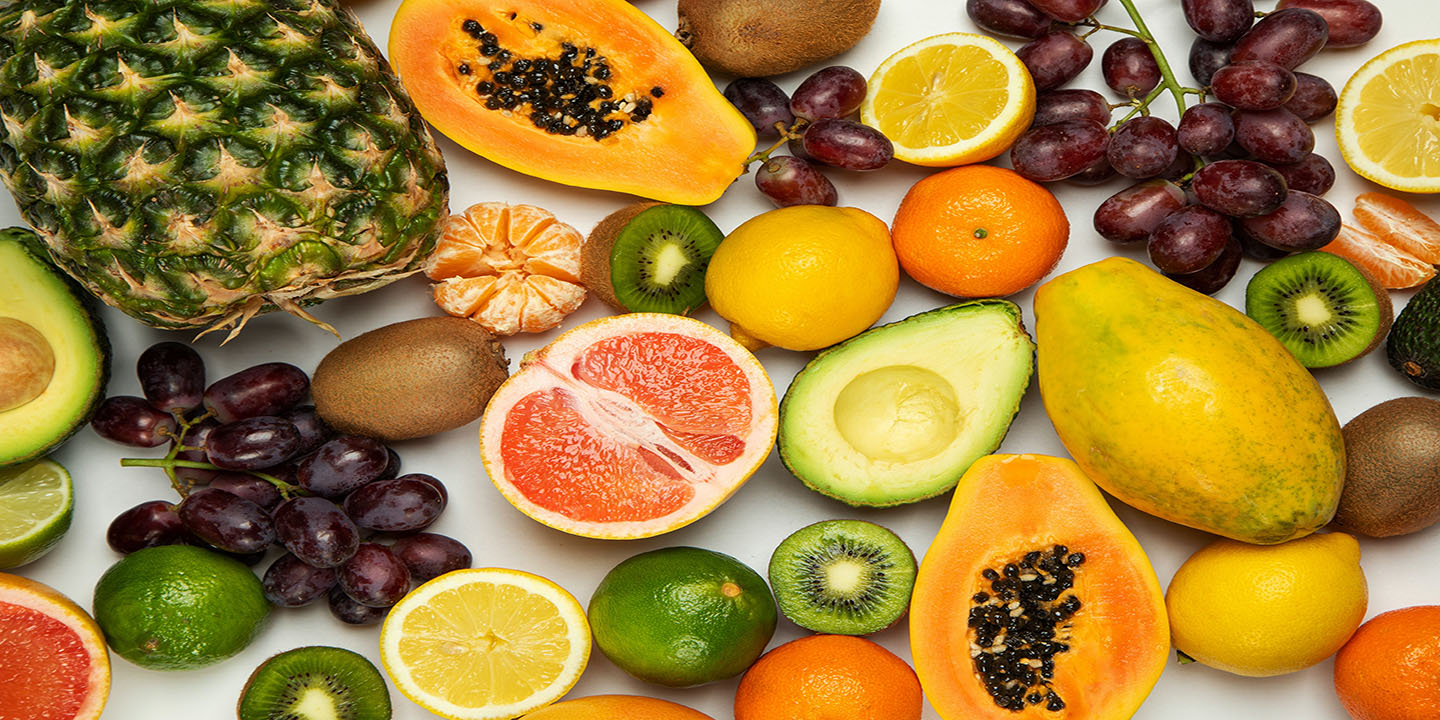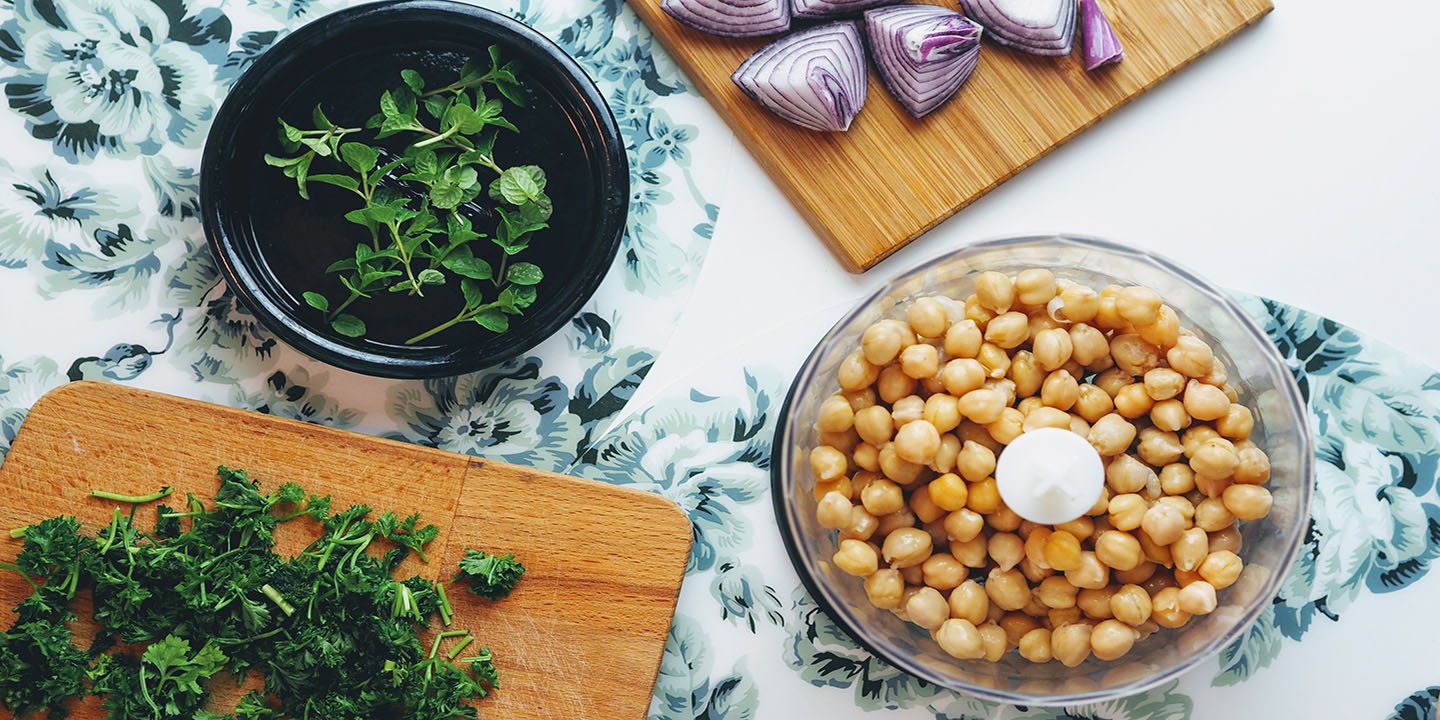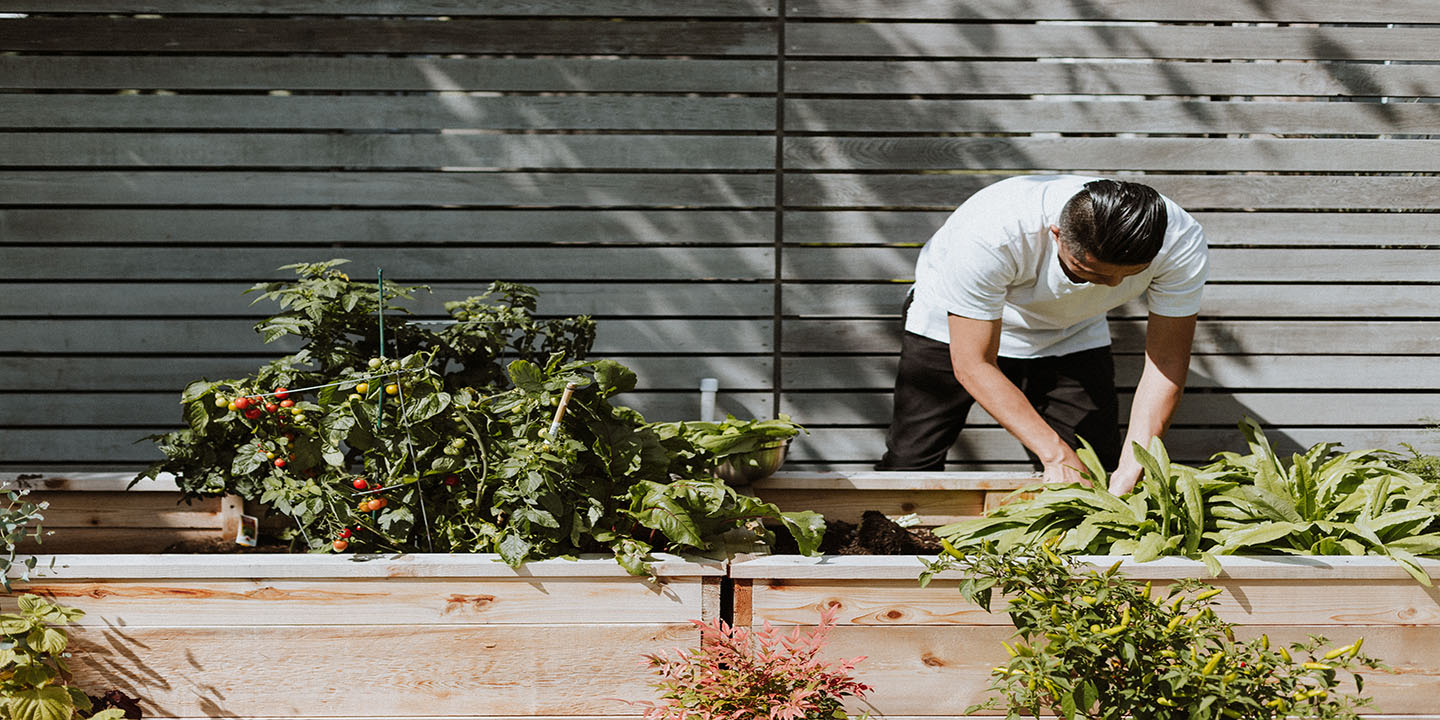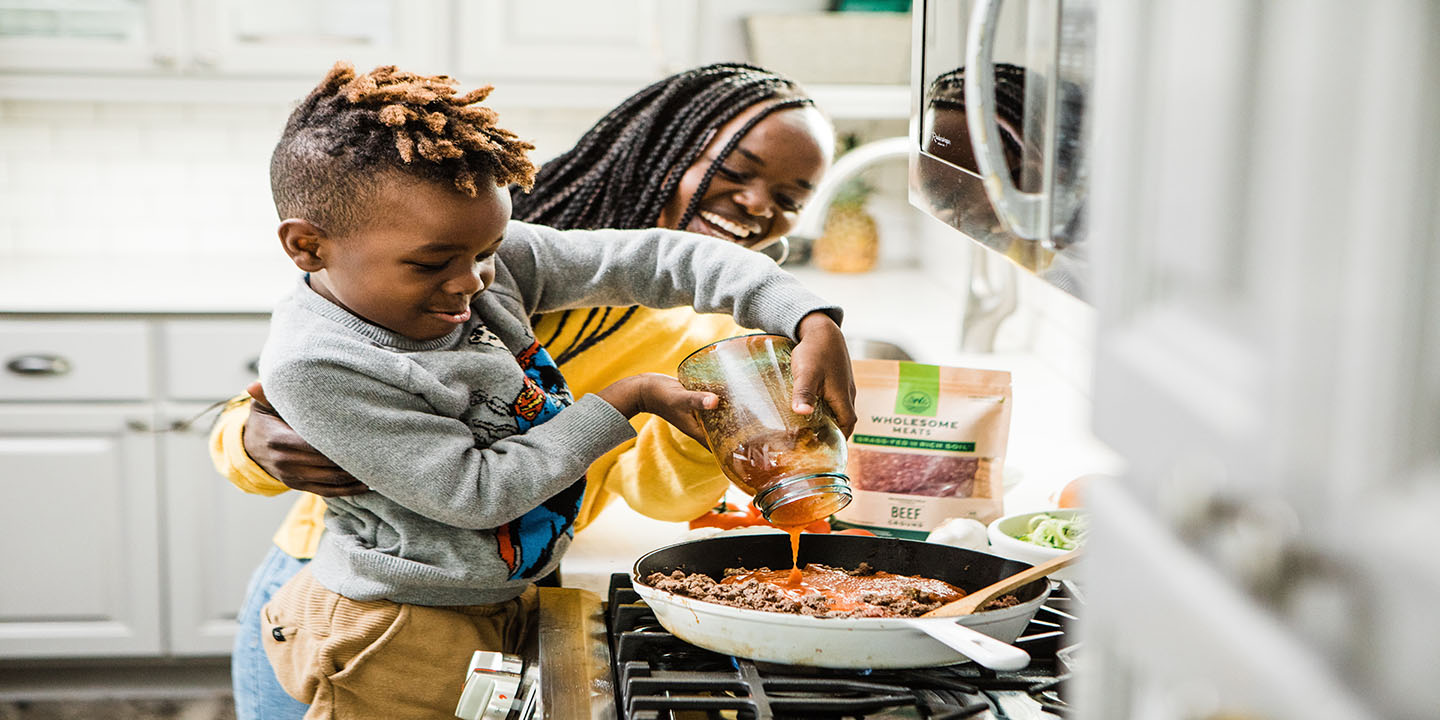Something fascinating happened around 2010 that nobody really saw coming: cooking suddenly became the internet's favorite hobby. Instagram eventually launched, and within a few years, millions of people were posting photos of their homemade meals, not just eating them.
This wasn't your grandmother's recipe card collection anymore. Young people who'd barely boiled water were suddenly attempting soufflés and sharing the results with thousands of strangers.
Through The Numbers
The numbers tell an incredible story. By 2023, the hashtag #foodie had been used over 500 million times on Instagram alone. YouTube cooking channels exploded, with creators like Binging with Babish amassing over 10 million subscribers by teaching complex recipes through entertaining videos.
What's remarkable is how this turned cooking from a necessary chore into a legitimate form of self-expression and entertainment for an entire generation.
Learning In Real-Time, Failing In Public
Here's where social media changed everything about how people actually learn to cook: it made the process visible. Before, if you burned dinner, maybe your family knew. Now? Your failed attempt at macarons might get 50,000 views. But surprisingly, this transparency became social media's secret weapon.
Platforms like TikTok revolutionized cooking education by breaking down recipes into 60-second videos. Sites like Yaguara show that short-form video content has a 2.5 times higher engagement rate than traditional recipe formats. Young cooks could watch someone make carbonara while sitting on their couch, pause, rewind, and try it themselves immediately. The algorithm learned what you struggled with and served up more content to help.
Facebook groups dedicated to specific cooking styles grew into massive communities. The "Instant Pot Community" group, for instance, has grown to over 3 million members who share recipes, troubleshoot issues, and celebrate successes together. This peer-to-peer learning model meant aspiring cooks had instant access to collective wisdom that would've taken years to accumulate through traditional means.
The Recipe Box Went Digital
The most profound shift might be how social media democratized culinary knowledge. You no longer needed expensive cooking classes or professional training to access expert techniques. A teenager in rural Iowa could learn authentic Thai curry from someone in Bangkok, all for free.
Data from Pinterest reveals that recipe searches increased by 400% between 2015 and 2020, with "easy recipes" being among the most searched terms. This accessibility sparked genuine confidence. Apparently, millennials and Gen Z individuals cook at home more frequently than previous generations did at the same age, despite having busier lifestyles and more takeout options available.
Social media also created accountability and motivation through community. Challenges like #MeatlessMonday or #BakingBread became social movements that encouraged consistent practice. When your friends are posting their culinary adventures, you're inspired to experiment too.
The result? An entire generation learned to cook not from parents or cooking shows, but from each other, building skills one shared post at a time. Perhaps most telling is how this shift has impacted the food industry itself.
KEEP ON READING
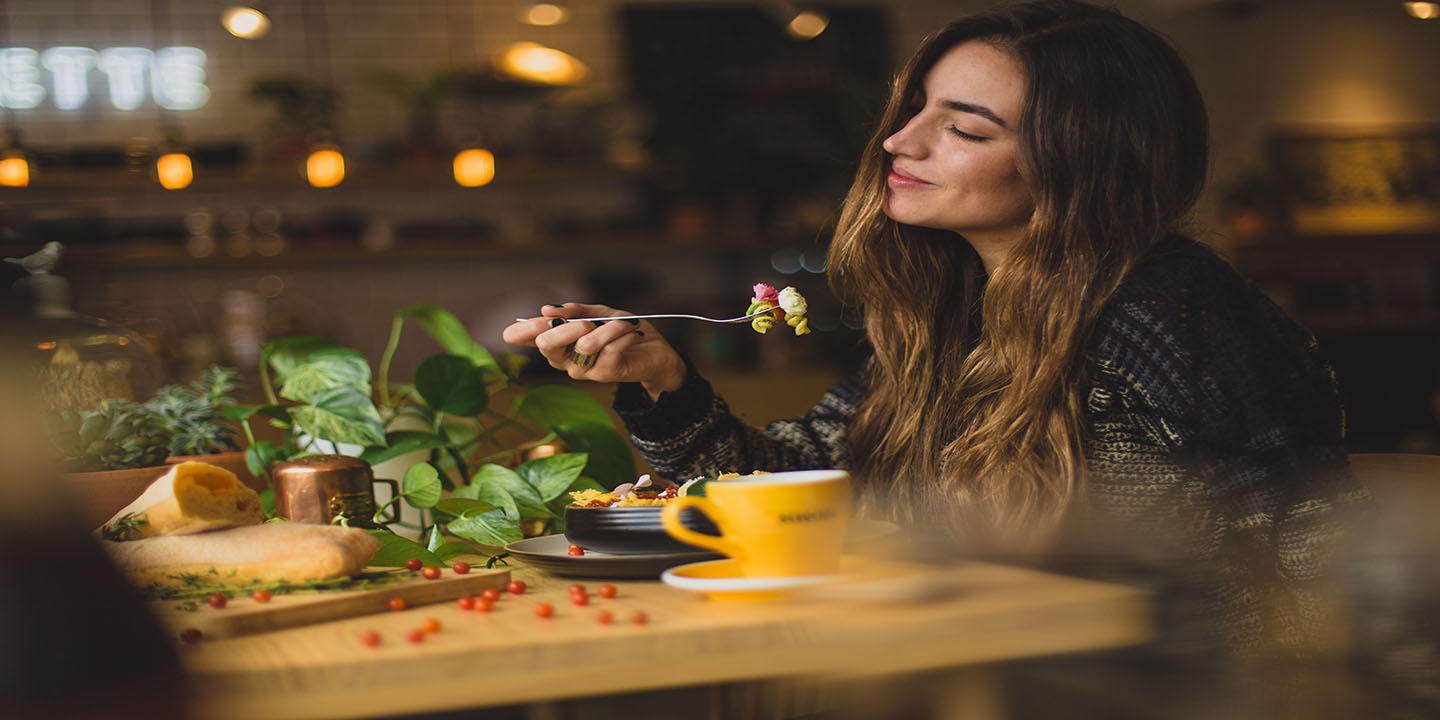
The Most Popular Signature Dishes Around the World
